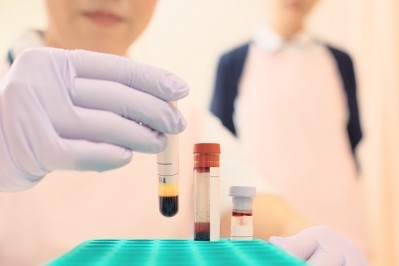Freenome inks biomarker development deal with ADC Therapeutics

Freenome recently closed a $160m Series B financing round – bringing its total financing to date to $238m – to advance its platform, which detects biological signals from routine blood draws.
The platform integrates assays for cell-free DNA, methylation, and proteins with computational biology and machine learning techniques, according to the company.
As per its biomarker development collaboration with ADC Therapeutics, Freenome’s platform will be used to identify patients most likely to respond to treatment with ADCT-402 (loncastuximab tesirine).
ADC Therapeutics CEO Chris Martin told us the goal is to identify why certain patients respond to the drug, while others do not: "We, therefore, want to characterize the tumor of each patient," he said.
"Not all changes that drive (or are involved in) oncogenesis are mutation-driven," added Martin. "We were looking for a technology that would focus on epigenetic changes across the whole genome and not limited to just cancer-derived DNA."
An antibody drug conjugate (ADC) comprised of a humanized monoclonal antibody (mAb), ADCT-402 is currently being evaluated in a pivotal Phase II clinical trial in patients with relapsed or refractory diffuse large B-cell lymphoma (DLBCL).
Study participants will have their tumor heterogeneity and systemic immune response characterized to identify biomarkers that correlate with clinical response to ADCT-402.
According to Freenome, the multiomics approach enables ADC Therapeutics to consider a range of DNA, RNA, and protein markers in developing a biomarker signature.
"We believe that combining the Freenome approach with other approach focussing on somatic mutations in these patients maximizes the chance that we will be able to understand which DLBCL patient population is likely to respond to ADCT-402," added Martin.
Financial terms of the collaboration were not disclosed.











